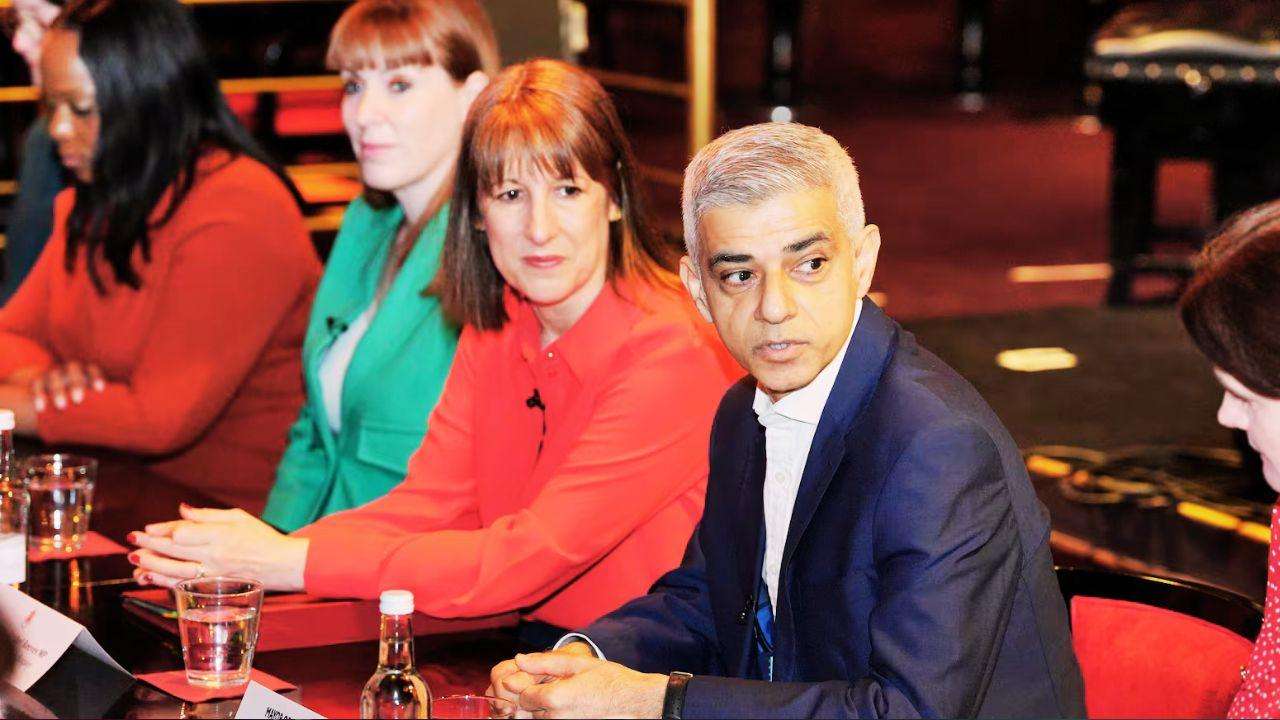The Indian Parliament has approved the Waqf (Amendment) Bill, 2025, with the Rajya Sabha passing it in the early hours of Friday following a 12-hour debate. The Bill received 128 votes in favor and 95 against in the Upper House, while the Lok Sabha had already cleared it on Thursday with a 288-232 vote margin.
Announcing the results, Rajya Sabha Chairman Jagdeep Dhankhar stated, “Ayes 128 and Noes 95, Absent zero. The Bill is passed.”
Following a marathon 17-hour session, the Rajya Sabha adjourned at 4 am and also passed the Mussalman Wakf (Repeal) Bill, 2024.
Union Minister for Minority Affairs Kiren Rijiju, who introduced the Bill in the Rajya Sabha, highlighted that the government has strengthened the existing framework under the legislation, particularly Waqf tribunals.
Congress To Challenge Waqf Bill "Very Soon" In Supreme Court
The Congress announced on Friday that it will "very soon" file a petition in the Supreme Court challenging the constitutionality of the Waqf (Amendment) Bill, 2025, which was recently passed in Parliament.
The Bill received approval in the early hours of Friday after the Rajya Sabha passed it following a 13-hour debate.
In a post on X, AICC general secretary Jairam Ramesh stated, "The INC will very soon be challenging in the Supreme Court the constitutionality of the Wakf (Amendment) Bill, 2024."
He further asserted, "We are confident and will continue to resist all assaults of the Modi government on the principles, provisions, and practices enshrined in the Constitution of India."
During the Rajya Sabha debate, opposition parties strongly opposed the Bill, labeling it "anti-Muslim" and "unconstitutional," while the government defended it as a "historic reform" aimed at benefiting the minority community.
The Bill was passed in the Rajya Sabha with 128 votes in favor and 95 against. It had earlier cleared the Lok Sabha on Thursday with 288 votes supporting it and 232 opposing it.
Mr. Ramesh also noted that the Congress party’s legal challenge against the Citizenship Amendment Act (CAA), 2019, is currently being heard in the Supreme Court.
Additionally, he highlighted that the INC's challenges to the 2019 amendments to the Right to Information (RTI) Act, 2005, the 2024 amendments to the Conduct of Election Rules, and its intervention to uphold the Places of Worship Act, 1991, are all under judicial review in the Supreme Court.
"Brazen Violation of Constitutional Rights"
In India, waqf properties cover nearly one million acres (approximately 1,562.5 square miles), nearly twice the size of Mauritius. These properties are managed by 32 government-established waqf boards across the country’s states and federally administered union territories.
Each state’s waqf board consists of government-appointed members, Muslim legislators (either current or, in their absence, former lawmakers), scholars, and caretakers ("mutawallis") responsible for property administration. All board members have traditionally been Muslims.
During Wednesday’s parliamentary debate, Home Minister Amit Shah clarified that non-Muslims would be included in waqf boards strictly for administrative purposes, ensuring the smooth functioning of endowments. He emphasized that their role would not extend to religious matters.
“The [non-Muslim] members will oversee whether the administration is functioning according to the law and whether donations are being used for their intended purposes,” Shah stated.
Opposition leader Rahul Gandhi, in a post on X, criticized the bill, calling it “a weapon designed to marginalize Muslims and take away their personal laws and property rights.” He warned that while the bill specifically targets Muslims today, it sets a dangerous precedent that could be used against other communities in the future.
Rejecting these claims, Shah accused the opposition of spreading “misconceptions and rumors,” asserting, “We are not scaring the Muslims—you are. I assure you that no citizen of this country, regardless of religion, will be harmed.”
The All India Muslim Personal Law Board (AIMPLB), a prominent Muslim organization, strongly opposed the bill, labeling it “discriminatory, communally motivated, and a Brazen violation of the constitutional rights of Muslim citizens.”
The AIMPLB warned that the proposed changes would weaken the autonomy of waqf boards and urged people to protest if the bill became law. It also vowed to challenge the legislation in court.
Kamal Farooqui, an AIMPLB official, questioned the fairness of the proposal: “It’s acceptable to reserve two positions in the waqf board for non-Muslims, but does that mean Muslims will receive similar representation in Hindu temple boards?” He accused the Modi government of seeking control over Islamic endowments, arguing that it had no right to interfere in Muslim institutions.
Meanwhile, Hindu right-wing groups have staked claims to several mosques across India, arguing they were built on the ruins of Hindu temples. In 1992, a 16th-century mosque in Ayodhya was demolished by a Hindu mob, and many similar cases are currently pending in courts.
Muslims, who make up 14 percent of India’s 1.4 billion population, constitute the largest religious minority in the Hindu-majority nation. They are also among the poorest, according to a 2013 government survey.
A 2006 report by the government-appointed Sachar Committee recommended reforms in waqf boards and improved oversight of waqf properties to generate better financial returns for the Muslim community.
What is Waqf?
Waqf is a religious or charitable endowment, usually in the form of property, primarily serving the Muslim community. These properties, often donated informally, support the maintenance of mosques, madrasas, cemeteries, and orphanages.
Controversial Provisions
-
Council and Boards – Non-Muslims will now be included in Waqf governing bodies.
-
Dispute Resolution – Government officials will handle property disputes instead of Waqf tribunals.
-
Tribunal Restructuring – Tribunals will consist of government-appointed members.
-
Mandatory Registration – All Waqf properties must be registered on a central online portal.
-
Removal of ‘Waqf by User’ Clause – Properties informally used for religious purposes will no longer be recognized as Waqf.

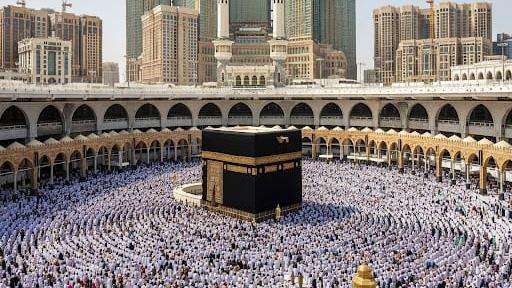

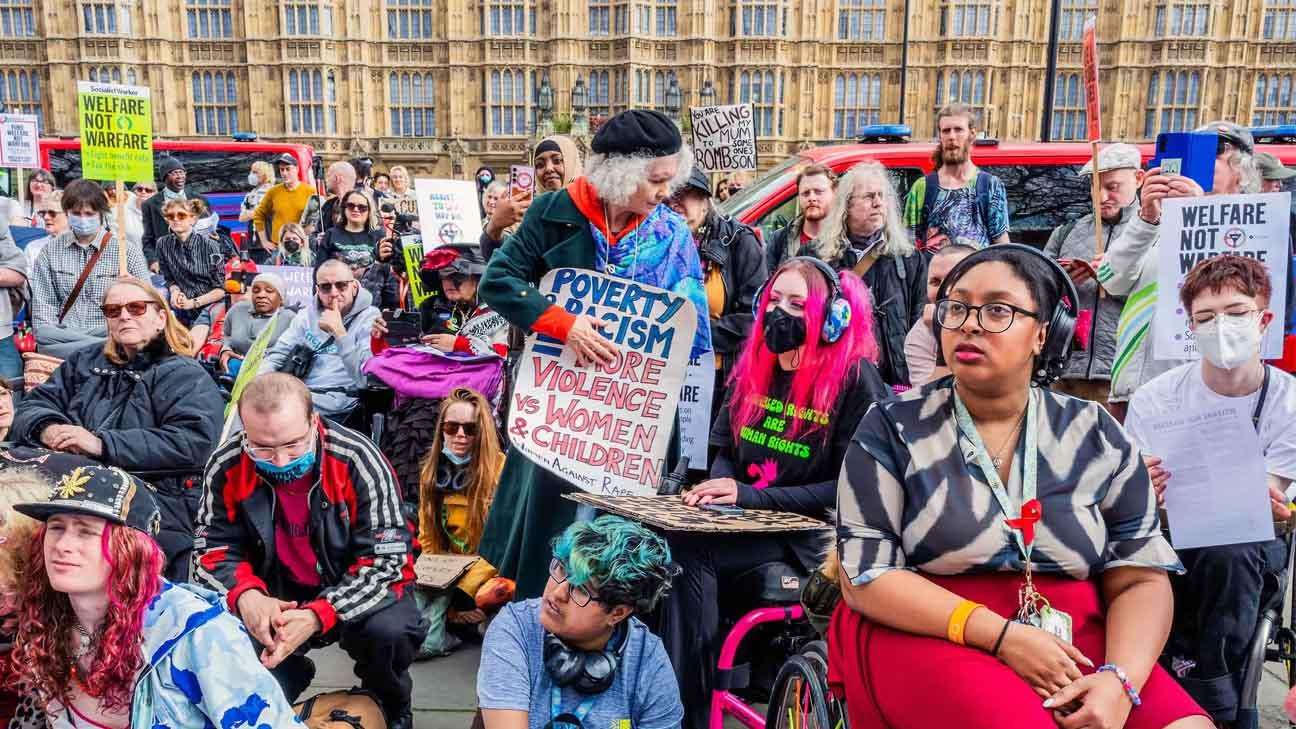


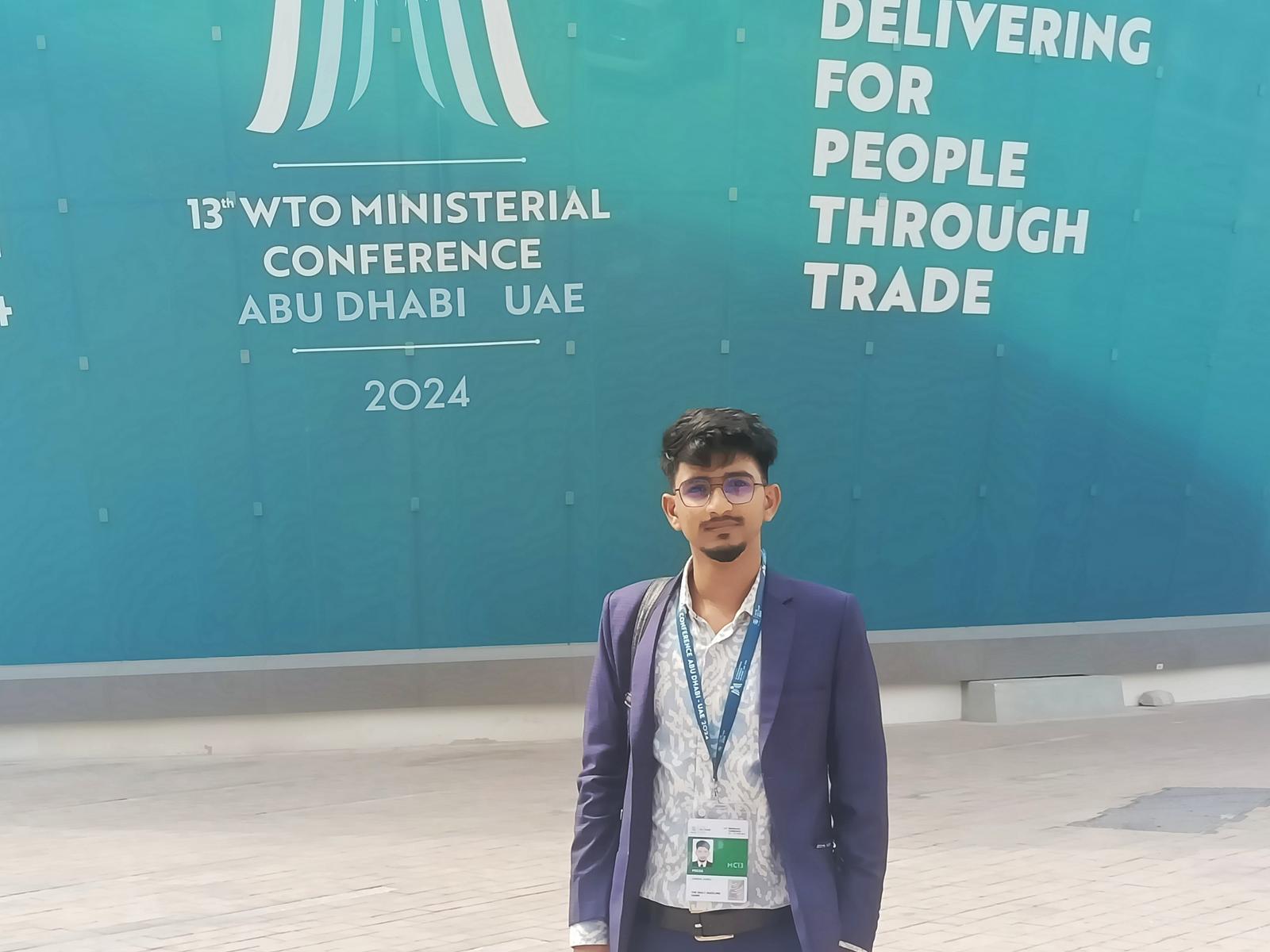
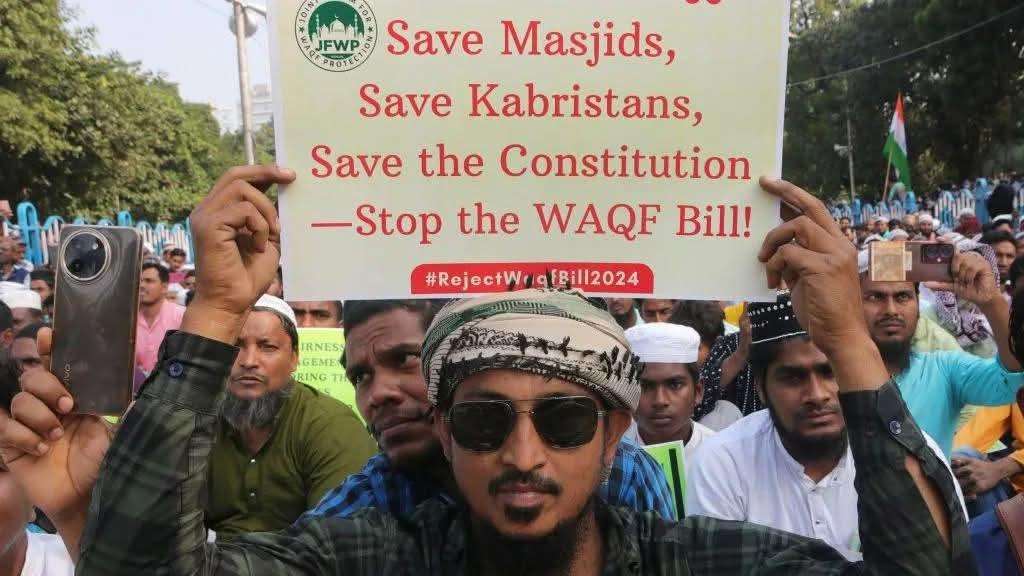
.svg)


